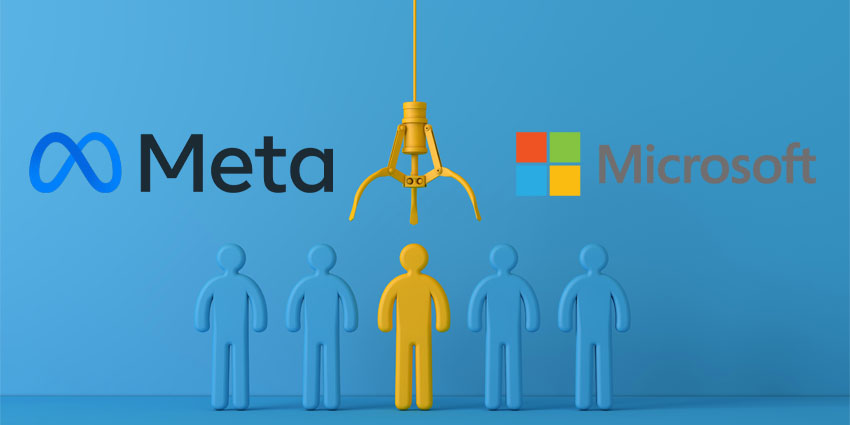It is fair to say that over the last 6 months, the world has changed beyond recognition as people have adapted to lockdowns, social distancing, and working remotely as the COVID-19 pandemic continues. Throughout these times, digital technology has enabled families and friends to keep in touch and colleagues to continue to work together when not in the office.
Whilst much of the attention has (rightly) been on the surge in the likes of Teams and Zoom calls for general business, one area that has quietly gone unnoticed is that of telemedicine. While before the COVID-19 pandemic, video consultations and telemedicine were used in specific services and use cases, it was never (or at least ‘not yet’) considered a realistic alternative way of delivering healthcare services for the masses. But that has all changed. We at Modality have hosted over 100,000 consultations just since March. But of course, we’re not alone and for example, just recently Consultant Connect, an app provider for the NHS recently reported that the use of its service surged by 380% during the height of the pandemic. The sector is booming, and the change could be permanent, meaning there is ample opportunity for all providers serving the healthcare market.
What has changed?

Crisis of all forms often brings a change in mindset and there is no bigger driver of action than necessity. Almost overnight, everyone was forced to transform the way they work and it’s meant that traditional ‘blockers’ and concerns over virtual consultations in healthcare have been removed out of necessity – there was never a question of ‘would people use it’ because they had to.
Initiatives from vendors have certainly helped. Many NHS trusts have adopted Microsoft Teams, for instance. Thanks to the offer from Microsoft enabling NHS staff to use Teams for free during the Coronavirus outbreak, this has enabled staff and patients to get used to virtual consultations and appreciate the benefits.
The opportunity for resellers
Virtual consultations provide healthcare providers with an alternate method of diagnosing and treating patients. By switching to virtual consultations, clinicians, doctors, and patients benefit from accessibility improvements, fewer cancellations, and faster appointments.
But most virtual consultation software needs tailoring for the specific needs of the healthcare sector and herein lies the opportunity for resellers. The requirements of the UK health sector are particularly unique and using ‘off the shelf’ solutions in such circumstances can be fraught with difficulty given the need for client confidentiality and ensuring they can be used by patients without technical knowledge seamlessly and securely.
Some consultations have unique requirements. For example, there may be a need to add a third party such as a sign language interpreter or responsible adult. Or they may be part of group therapy sessions where the participants would be anonymous to each other. Customisation needs to take account of this and have additional security measures to protect the identities of those taking part. At the same time clinical staff may need to be able to securely record and store consultations whilst considering all these factors around patient confidentially.
Rapid adoption of virtual consultations
Before lockdown, we had seen a steady uptake in virtual consultations. For example, Berkshire Healthcare NHS Foundation Trust started offering a digital alternative to in-person appointments in 2018. The average number of consultations per month was 200 for its Talking Therapies service pre-pandemic but this has since rocketed to an average of 1200.
So far, we have deployed over 950 individual virtual waiting rooms across seven healthcare organisations in the UK which have hosted over 100,000 virtual consultations since March 2020. During this time, we have served 87,000 individual consultations including 36,000 hours of video.
When virtual consultations were offered at scale, the pattern in usage appeared to follow traditional booking times as peak periods for appointments were mid-morning and early afternoon during weekdays. This mirrored appointment schedules when the services were delivered in person. Appointments would fit around work and school runs.
Throughout lockdown, we saw increased numbers of consultations taking place ‘out of hours’ either early in the morning or later in the evening.
People seemed willing to deliver and attend appointments out of hours allowing both clinicians and patients to benefit from the flexibility that virtual consultations provide.
What happens next?
As we start to return to some sort of normality following the COVID-19 pandemic, it is entirely appropriate that some services will return to being delivered in person. However, people will now expect a virtual option to attend these services.
The challenge for us all will be finding a balance between in-person and virtual consultations. What that is remains to be seen however the one thing we can be certain of is that virtual consultations are here to stay!
Guest Blog by Tom Scott, Product Manager at Modality Systems
Driving Microsoft Modern Workplace and Azure success across the globe. We have enabled over 5 million people to work more effectively and securely. But what makes us different? We aren’t too big, nor too small. We are just right. When you work with Modality you receive a personalised, customer-centric approach from a team of experts who love what we do. We aren’t too big that you are just a number, with projects that drag on quarter-after-quarter. We aren’t too small that we can’t efficiently scale, with Managed Services available 24×7 and a wealth of experience supporting global enterprises.







